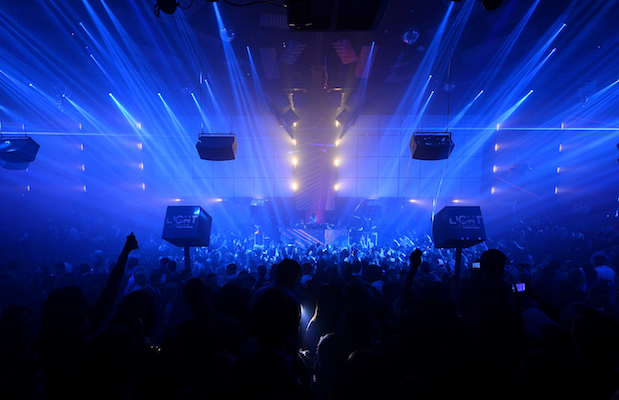EU and Britain to clash over legal highs

Britain is on a collision course with the European Union (EU) after Home Office minister Norman Baker said the UK will oppose attempts by the EU to regulate so called "legal highs."
The EU says that around 20 per cent of legal highs have a legitimate commercial use, a claim disputed by the Home Office. Under the new directive only substances deemed the most harmful will be subject to criminalisation.
Mr Baker said the directive could hamper the UK's ability to prohibit the substances:
We have already banned hundreds of these drugs and our forensic early warning system allows us to closely monitor their availability so we can disrupt their supply.
But we are not complacent. I have commissioned an expert-led review into how our current arrangements can be better tailored to help protect public health and tighten further the supply of such substances.
The directive, proposed by justice commissioner Viviane Reding, is intended to reform the current system for regulating illicit drugs, which can take up to two years to ban a substance.
The new regime would allow the EU to ban illicit drugs within 10 months of being detected. Measures contained within the directive could see substances withdrawn immediately and would be subjected to a 12 month risk assessment.
The Home Secretary currently has the power to issue a temporary banning order, which criminalises the supply of a drug for 12 months while it is investigated by the Advisory Council on the Misuse of Drugs.
There are currently 130 UK registered websites selling legal highs and new substances are entering the market at the rate of one a week, according to the Centre for Social Justice.